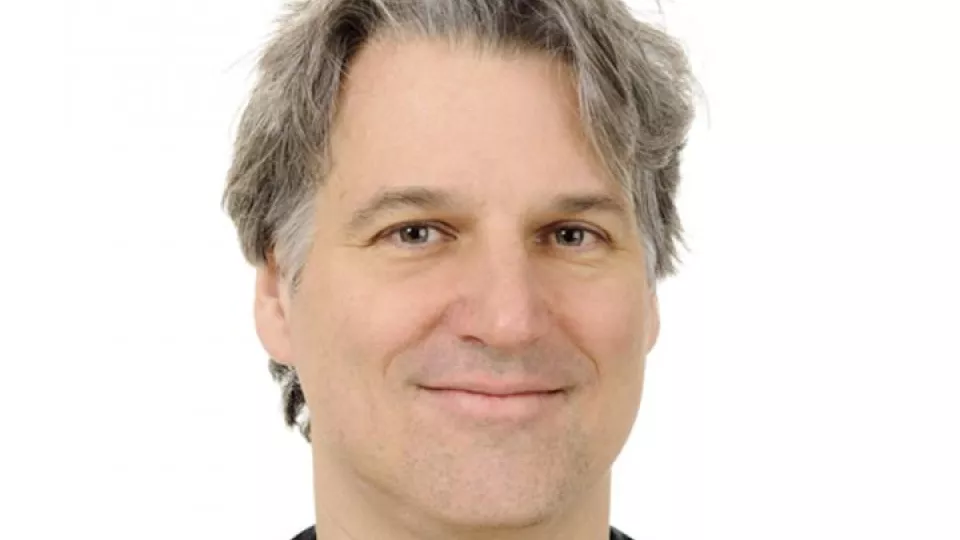How you feel about recieving this reward?
It is an honour and a cause for joy to receive this award. Especially because it is selected by an international committee of NGO representatives from a great number of articles published every month.
I nevertheless hesitated a bit due to the ongoing negotiations on a new subscription deal with Elsevier. But the Social Science Library absolutely supported me in accepting the award.
Can you tell us about the research you were awarded for?
If we want to tackle climate change and protect our future on the Earth, societies will need to adopt a degrowth model, in which we consume less and use fewer materials and resources.
Milena Büchs and I explore the concerns people have about the impact degrowth would have on their wellbeing in the short to medium term. The broader links degrowth has to our culture and society also have implications for wellbeing that might hinder its adoption.
How does this research effect people’s lives?
Degrowth doesn’t mean going back to a prehistoric way of life, but it does mean reducing our consumption and to change production patterns: we will need to make sure whatever materials and resources we use can be renewed and that we stay within planetary boundaries.
However, not only our identities but also a range of social institutions including the welfare system has been historically built and continues to be linked to the provision of economic growth. Hence, we would need to change a range of institutions at roughly the same speed which is far from easy.
How is degrowth and wellbeing connected?
People’s identities are often closely linked to their consumption: buy a house, have a car and fly on ‘exotic’ holidays. It will be a major challenge to not see consumption of material goods and services as something that can fulfill our need to have an identity and some kind of status in society.
You were a member in the Theme Degrowth and the Theme Sustainable Welfare at Pufendorf IAS. How is this research connected to the work at the Pufendorf IAS?
In both Themes we explored the societal changes that would be necessary if we were to live within planetary boundaries. The ‘Sustainable Welfare’ Theme specifically dealt with the interaction of welfare and environmental sustainability, while ‘Degrowth’ took an even broader perspective.
How have these research questions developed after the Themes at the Pufendorf IAS?
Since 2016 a range of new publications and research projects have resulted from this. I am very grateful to the Pufendorf Institute for giving us the opportunity to discuss and develop ‘non-mainstream’ ideas and turn them into questions that are of interest for external funders!
What are your hopes for the upcoming debate at Pufendorf IAS?
I look forward to discussing our paper with the scholars in the panel who will give very valuable feedback from their respective research perspectives. I am also excited to engage with the audience. It will also be interesting to address future research corridors: I am planning further research in this area, including looking at engaging people in the transition, so that they can better understand the concerns and overcome the barriers. It will be very interesting to hear more opinions on that.
About the Event: Atlas Award, in collaboration with the The Pufendorf IAS, welcomes you to a debate about the challenges for the degrowth transition, on Wednesday, 30th of October.
October 30, 12:15 –14:15
Pufendorf IAS, Biskopsgatan 3
More information about the event


